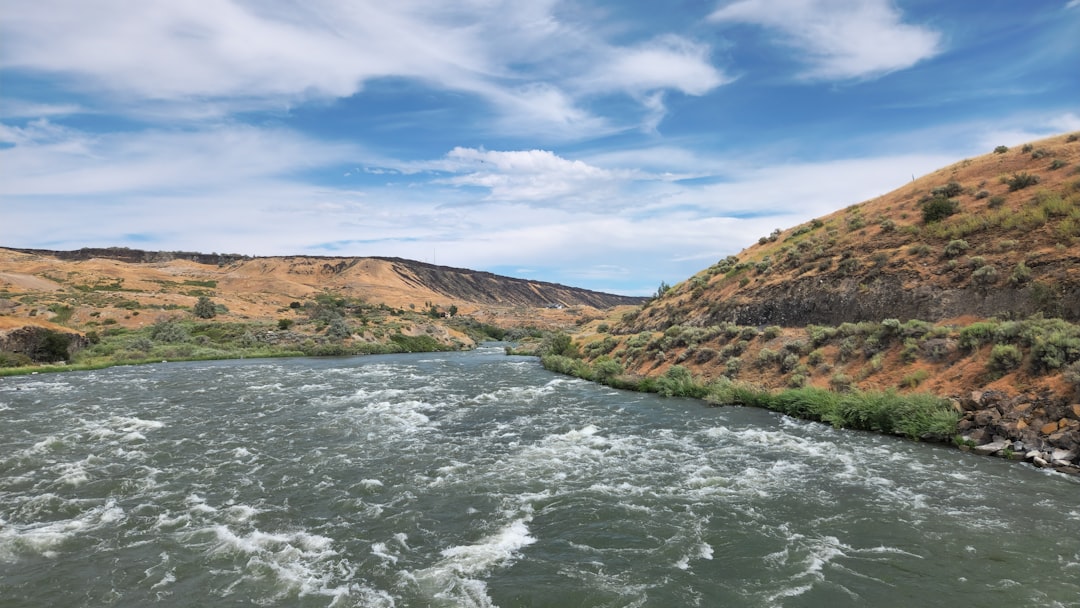Spam calls in Twin Falls, Idaho, often from unknown numbers, disrupt daily life. To stop them, residents should block suspicious numbers, monitor call history, and use online resources to track sources. Social media empowers collective action by sharing experiences, flagging spam, and engaging with local groups focused on telemarketing fraud. Online communities pressure businesses for stronger anti-spam measures, aiding law enforcement in tracking offenders for a safer digital environment.
In Twin Falls, spam calls are a ubiquitous and frustrating experience. This guide aims to empower residents with strategies to combat this issue. We’ll explore how social media can be a powerful tool to share experiences, raise awareness, and report these nuisance calls. By understanding common sources and their impact, you’ll learn effective methods to protect yourself from spam in Idaho. Join the online conversation to make Twin Falls a safer digital space.
Understand Spam Calls and Their Impact in Twin Falls

Spam calls are a persistent issue for many residents in Twin Falls, Idaho, and can have a significant impact on individuals’ daily lives. These unwanted phone calls often promote various products, services, or even scams, leaving recipients feeling disturbed and frustrated. In today’s digital age, where communication is predominantly online, spam calls have evolved to become a major nuisance, especially with the use of automated dialling systems that can make hundreds of calls in minutes.
The impact of these spam calls extends beyond just annoyance. Many Twin Falls residents report feeling unsafe and insecure due to persistent and frequent calls, which can disrupt their personal and professional lives. It’s important for folks to understand that while it might seem like an endless problem, there are strategies to mitigate and even stop spam calls from overwhelming your phone lines.
Identify Sources of Spam Calls: Phone Numbers to Watch Out For

Spam calls can originate from various sources, and identifying them is a crucial step in learning how to stop them. In Twin Falls, as across Idaho, these unwanted calls often come from unknown or restricted numbers. Scammers use phone numbers from different states or even countries to make it harder for recipients to trace their origin. Keep an eye out for recurring numbers that show up on your caller ID, especially if they are not recognized or have unusual area codes.
To get a better idea of the sources, you can check online resources that track and expose spam call patterns. Additionally, review your call history to identify any suspicious calls and block those numbers immediately using your phone’s settings. Remember, blocking is an essential step in managing and reducing the number of spam calls you receive.
Utilize Social Media for Awareness and Reporting

Social media can be a powerful tool in the fight against spam calls, especially in Twin Falls or anywhere else in Idaho. By utilizing platforms like Twitter, Facebook, and Instagram, individuals can collectively raise awareness about this growing issue. Sharing personal experiences with spam calls and their impact is an effective way to educate others and encourage collective action.
Additionally, many social media platforms have reporting features that allow users to flag suspicious activities or spam accounts. Engaging in these practices not only helps protect your own digital space but also contributes to a larger database of information used by authorities and anti-spam organizations to track and disrupt malicious call patterns. This collaborative effort can significantly enhance efforts to stop spam calls in Idaho.
Share Your Stories: Engaging with the Twin Falls Community Online

In the digital age, sharing experiences and connecting with like-minded individuals is easier than ever. For those dealing with spam calls in Twin Falls, Idaho, social media platforms offer a powerful tool to not only spread awareness but also engage with the local community. Start by joining or creating online groups dedicated to tackling telemarketing fraud and sharing tips on how to stop spam calls. These virtual spaces can quickly turn into lively discussions, where residents share their own stories and strategies for dealing with unwanted phone calls.
By contributing your experience, you not only help others but also create a collective voice that can put pressure on businesses and telecommunications providers to implement stricter anti-spam measures. Additionally, sharing information about specific patterns or numbers known to be spammy can aid law enforcement in tracking down culprits, ultimately leading to a safer, more peaceful Twin Falls community for all residents.






